At least three people killed as Sudan security forces attack thousands of anti-coup protesters
At least three people were shot dead after Sudan’s security forces attacked thousands of anti-coup protesters with tear gas in the African country’s major cities, including capital Khartoum and Omdurman.
Thousands of protesters filled the streets of the two major cities Thursday to express their strong dissent against the ruling military junta, demanding a transition to civilian rule.
While groups of protesters set fire to tires, others sang, beat drums, and held up posters of some of the dozens who have lost their lives in protests since the Oct. 25 coup. Protesters in Khartoum also shouted defiant slogans against the military junta.
In a statement, the independent Central Committee of Doctors in Sudan said that at least two protesters lost their lives, the first of whom died after suffering “a shot to head by the putschist forces as he took part in the demonstrations” in Khartoum’s twin city of Omdurman.
"A second martyr, yet to be identified, died after he was hit by a live bullet to the pelvis by the putchist forces, the committee said, adding, ""A third protester, yet to be identified, died after he was hit by live bullets to the chest ... in North Kharotum."
The latest killing brings the death toll from the crackdown on anti-coup protesters to 60, the medics added.
“We will not stop until we get our country back,” shouted one protester.
More than two years ago, massive anti-government demonstrations hit Sudan, mostly over economy. The protesters, youths for a large part, demanded the resignation of then President Omar al-Bashir.
Bashir was ultimately deposed through a military coup in April 2019, after ruling over the country for three decades. In August the same year, a transitional civilian-military administration was founded to run the country.
However, Sudan's military chief and de facto leader Abdel Fattah al-Burhan staged a coup on October 25 and dissolved the fragile government.
Abdalla Hamdok, the then-prime minister, was detained and put under house arrest in a move that infuriated the Sudanese and sparked international outcry, including from the UN Security Council. Other civilian leaders were also held in military detention.
Hamdok was later released and on November 21 signed a power sharing deal with the Burhan-led junta, according to which the former would continue his career as prime minister, all political prisoners detained during the coup would be released, and a 2019 constitutional declaration would be the basis for a political transition. According to the deal, July 2023 has been set as the date for Sudan's first free elections since 1986.
The Sudanese Professionals Association (SPA), however, has completely rejected the deal, lambasting it as being “treacherous”. Pro-democracy SPA is an umbrella of 17 different unions that were instrumental in the months-long demonstrations that led to Bashir's ouster.
Protest rallies against the coup have continued even after the reinstatement of Hamdok, with demonstrators demanding no military involvement at all in government.
They say the deal has simply given a cloak of legitimacy to the generals, who they accuse of trying to form an autocratic regime like the one led by ousted Bashir.
On Sunday, Hamdok resigned, leaving the military fully in charge. He said Sudan was at a “dangerous crossroads threatening its very survival.”
Protesters on Thursday again marched in other cities as well.
“Our marches will continue until we restore our revolution and our civilian government, even if martyrs fall among us,” said one protester.
In Wad Madani south of Khartoum, protesters shouted “The authority is that of the people”, demanding soldiers “go back to the barracks”, while in Atbara, protesters called on Burhan to “hand over the country's keys and leave.”
Separately on Thursday, state media quoted Burhan’s media adviser Taher Abouhaga as saying that “the void must be filled in the least possible time”, an apparent reference to the absence of government caused in the wake of Hamdok’s resignation.
Last month, Burhan issued a decree allowing security forces to detain individuals “over crimes related to the state of emergency”, a move that effectively banned street protest rallies.
NetBlocks, a watchdog organization that monitors cybersecurity and the governance of the Internet, said that mobile internet services were cut from mid-morning on Thursday, and wider internet access and phone lines were also disrupted.
The tactic, which has repeatedly been used by the military, restricts the ability of protesters to encourage supporters or to broadcast live footage of the demonstrations.
Netanyahu’s former chief of staff dies suddenly at 58
Discover Iran: How once-isolated Makran coast is rising as Indian Ocean’s next strategic powerhouse
Hamas says it has not received deadline for disarmament as Israel threatens to reignite war
Switzerland weighs European option as Patriot delivery stalls
VIDEO | Press TV's news headlines
VIDEO | Another Gaza medic dies in Israeli custody
VIDEO | Hezbollah says prepared to defend Lebanon, does not seek war
VIDEO | Celebrations held across China to welcome New Year


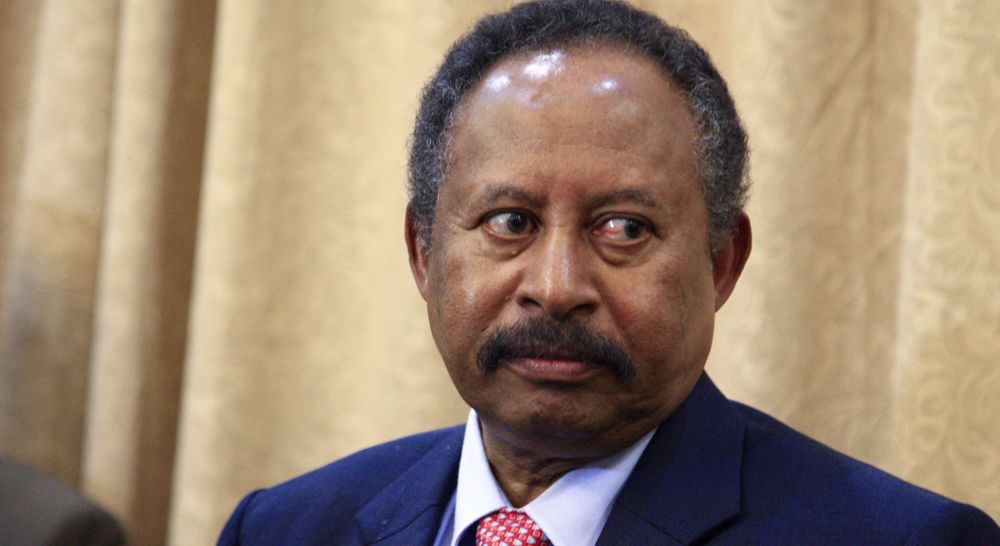
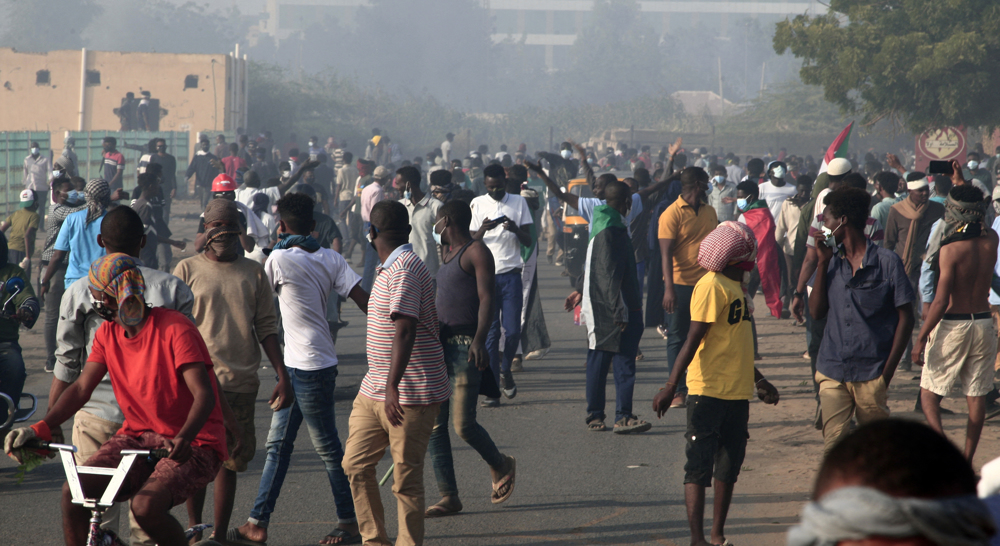
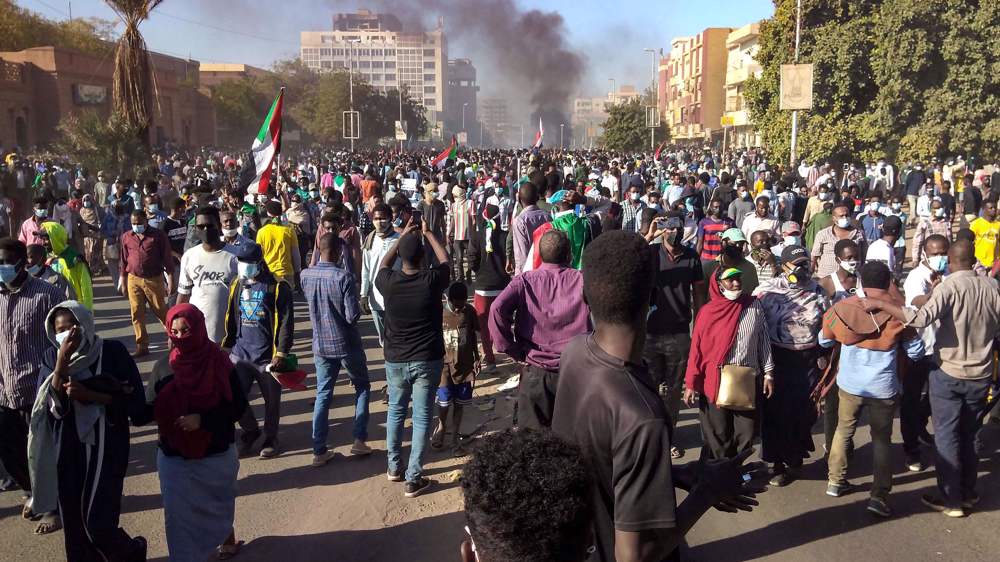
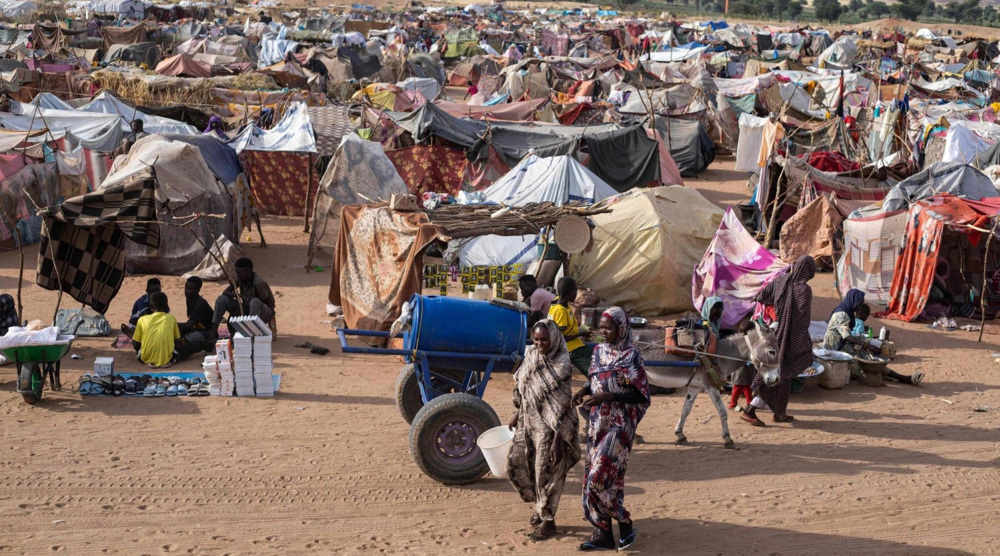
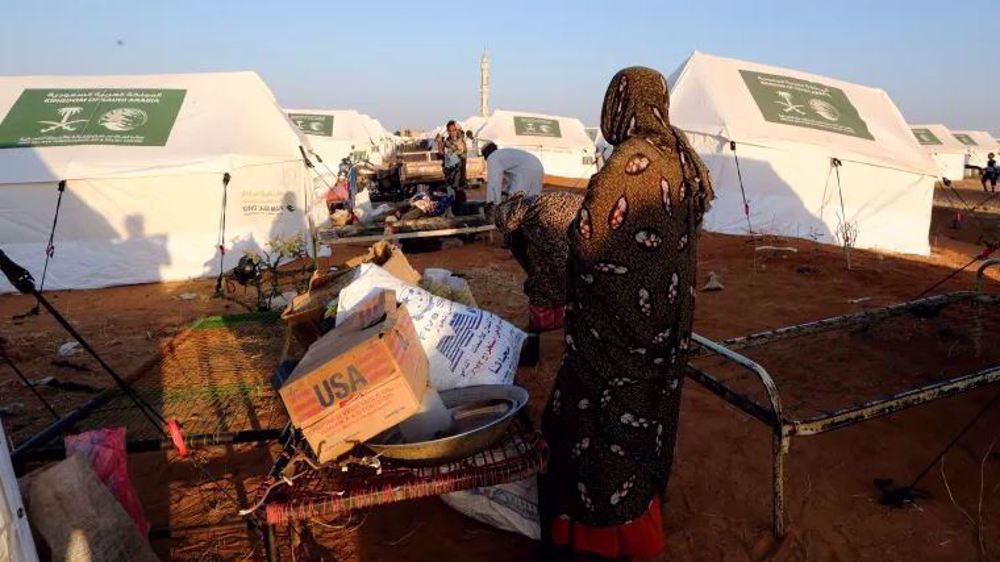
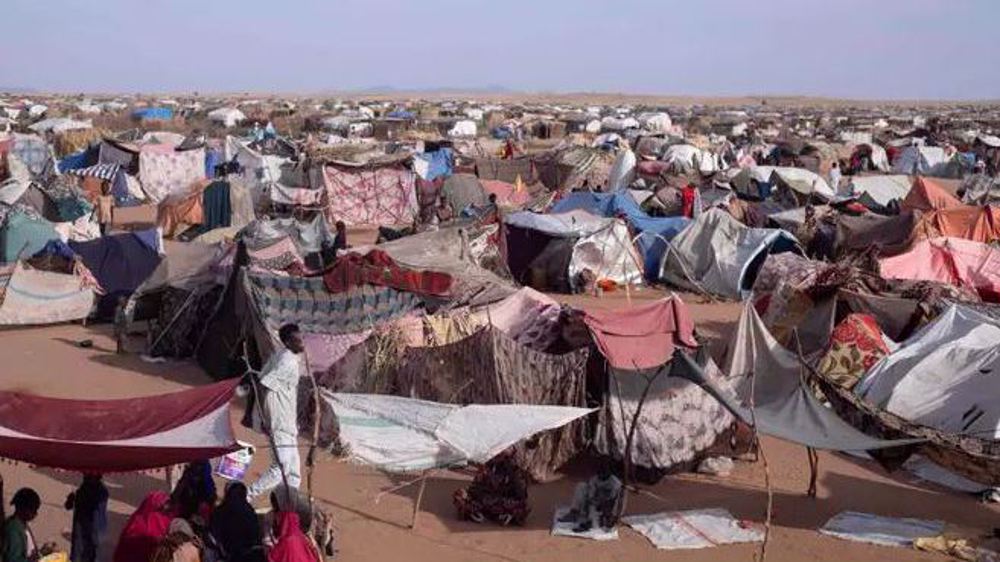




 This makes it easy to access the Press TV website
This makes it easy to access the Press TV website